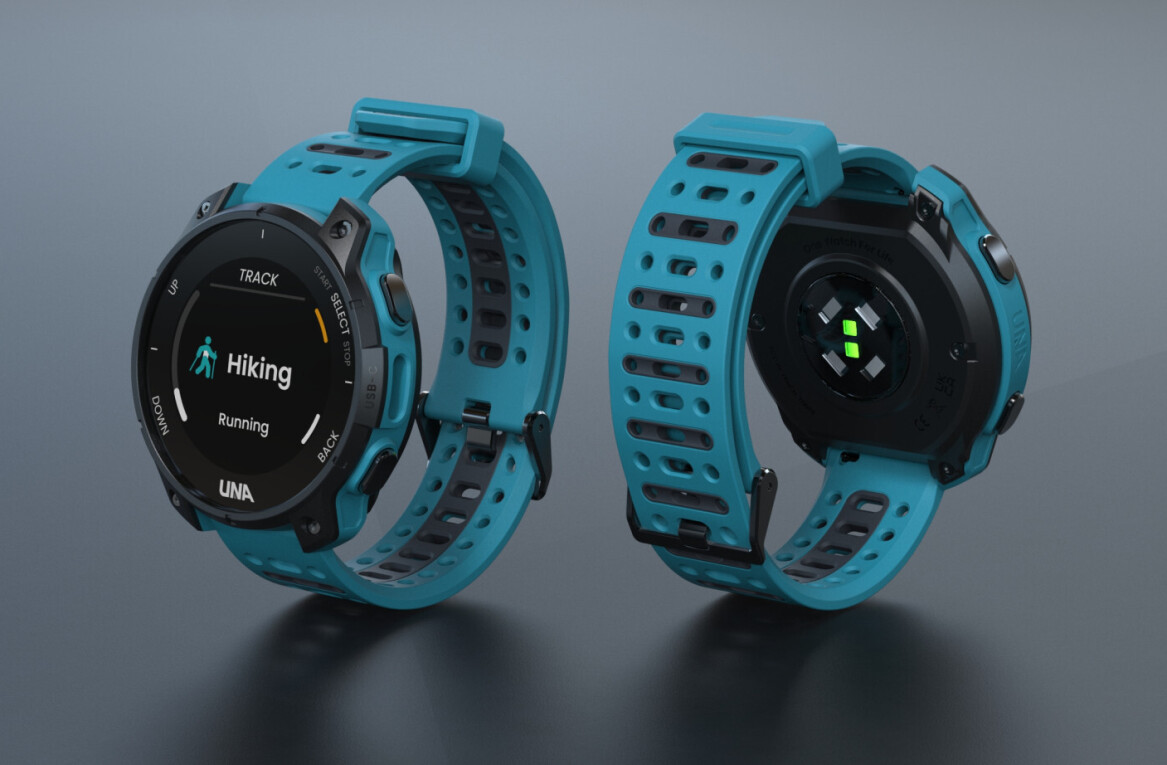
After a stormy couple of months, lots of people seem to be fed up with Facebook. The self-explanatory hashtag #deletefacebook is all over Twitter, another company that makes its money primarily by selling your data.
Not here to judge though, just to inform. There could be one thing users who opt to make this bold move might be forgetting: Facebook also tracks non-users.
In 2016, the Wall Street Journal reported that Facebook would start serving users and non-users ‘interest-based ads’, gathered from cookies downloaded on third party websites.
This means that if you’d visit a website about extreme ironing, advertisers could target you across the web with advertisements for very rugged ironing boards.
Or more nefarious things, obviously – diapers if you panic-googled symptoms of pregnancy, or political parties if you’ve visited websites that fit their agendas.
For Facebook users, it’s easy to opt out of this type of advertising. On the ads settings page, simply set everything to ‘no’.
It’s also possible for people who don’t use Facebook to opt out of being targeted on websites, apps, and smart TVs. Which you’ll also have to do if you take #deletefacebook seriously.
The USA’s Digital Advertising Alliance, the EU’s European Interactive Digital Advertising Alliance, and the Canadian Digital Advertising Alliance all offer tools to control which advertisers can target you with personalized ads – including Facebook.
This seems like a sympathetic move on their side, but opting out comes with a whole slew of caveats.
First of all, this doesn’t turn off ads, it just turns off personalized ads from companies who are part of these advertising alliances.
Second, the settings only apply to the specific browser you set them on, so don’t forget to change the setting on every device and browser you use.
Third, setting don’t apply to data collection in mobile apps. To manage that, you need to download a separate tool or use built-in tracking blockers.
You’re in for some work.
Get the TNW newsletter
Get the most important tech news in your inbox each week.





